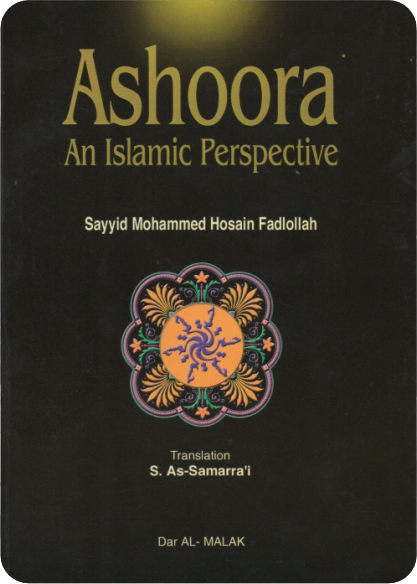Description
Desolate Victory: ShlT Women and the Marsiyah Texts of Lucknow
Amy Carol Bard
This dissertation analyzes the poetic and social importance of the classical Urdu
marsiyah (marsiyah) as it is recited in ShlT Muslim mourning assemblies in India and
Pakistan. Marsiyahs commemorates the martyrdom, in 680 C.E.. of the Prophet
Muhammad’s grandson. Imam Husain. Citing the cultural prestige, linguistic
distinctiveness, and continued popularity throughout Shl’T South Asia of nineteenthcentury marsiyahs written in Lucknow, Desolate Victory assesses poetic texts and
performance in multiple locations, including Lahore and Karachi in Pakistan, and
Lucknow and Hyderabad in India. Marsiyah holds an important place in men’s religious
observances and in the Urdu literary canon, but this study uniquely situates the marsiyah in
the women’s mourning assembly (majlis). Although women are not predominantly writers
of the marsiyah, their involvement with the genre is seen to powerfully point up women’s
survival narratives; dense thematic intertwining among the majlis’s numerous prose and
poetic forms; and identifications between contemporary mourners for Husain and Husain’s
family itself. Because of these features, and its basic story of virtuous, doomed struggle,
marsiyah expresses a sense of community and identity for groups based on religion,
region, and gender, but also serves as a marker of “difference,” which on occasion
becomes antagonistic. On the broadest level, this work shows how a linguistic community
makes meaning and shapes itself through poetry.






Reviews
There are no reviews yet.